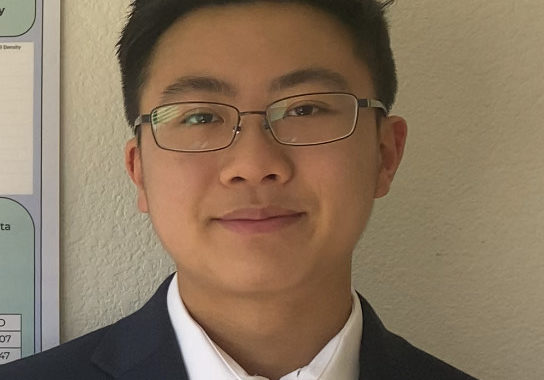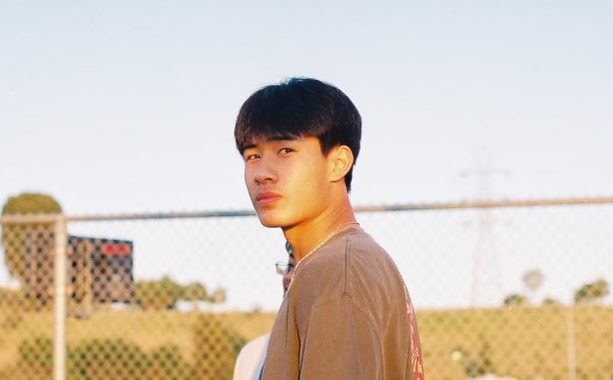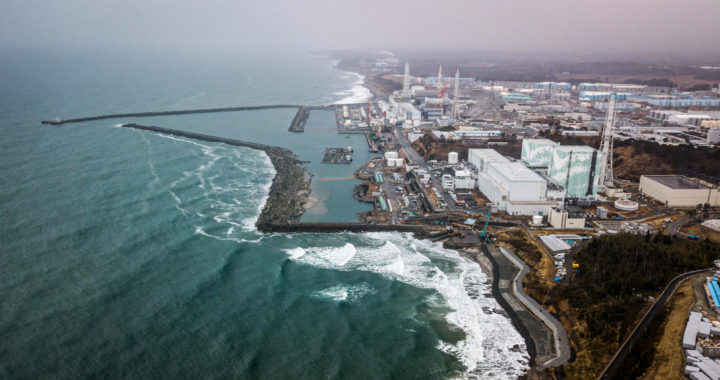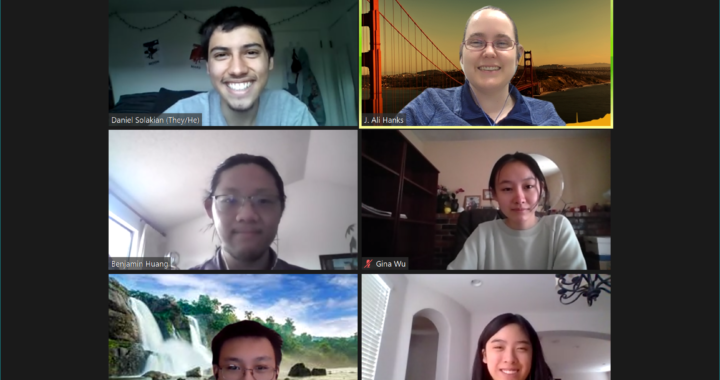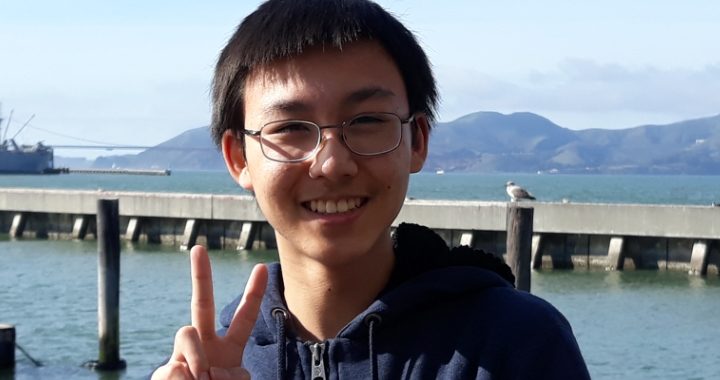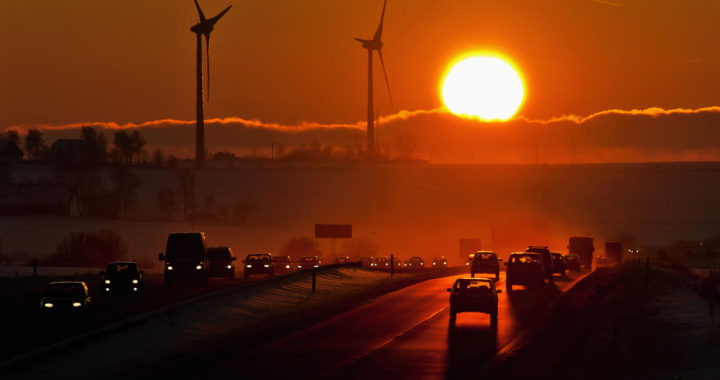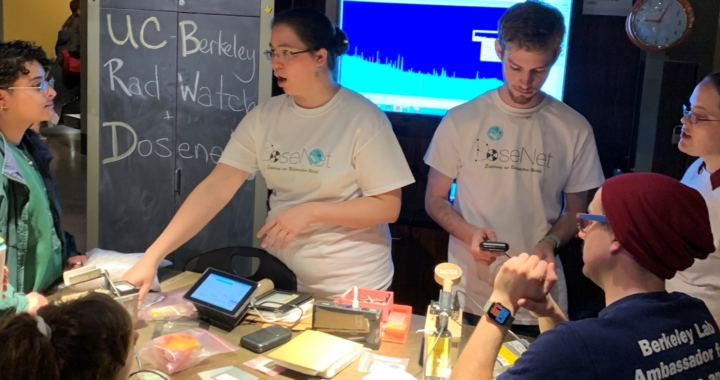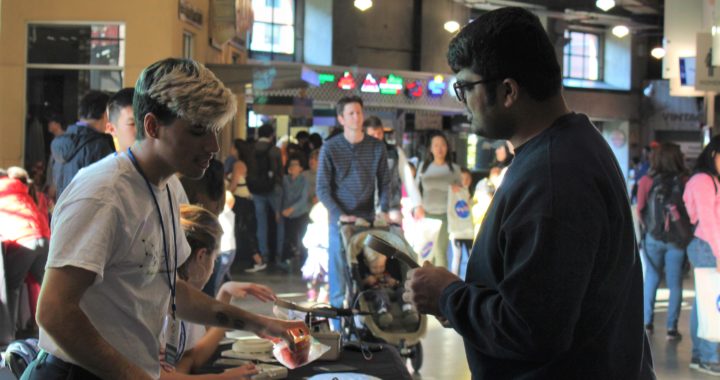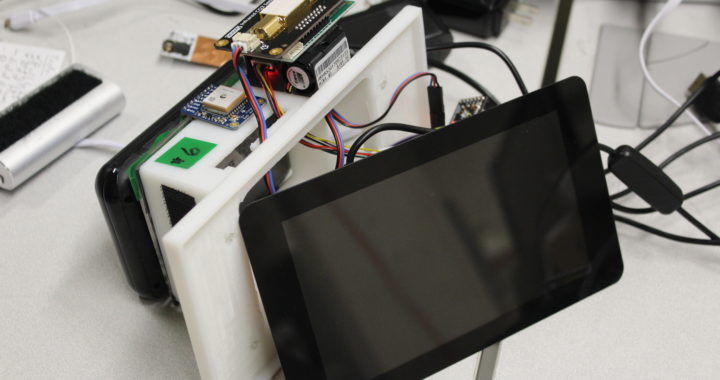Richie Woo is a returning student from Dublin High, his last project with Dosenet focused on data and error analysis of our lab’s sensors. For […]
Continue readingDoseNet Summer 2021: Ethan Fang’s Report
Last summer for his summer work partnered with Radwatch/Dosenet at UC Berkeley, high school senior Ethan Fang performed a data analysis and compiled a […]
Continue readingFukushima at the Forefront: 10 Years On
A 9.0 earthquake in the Pacific Ocean sent a massive tsunami to the coast of Japan. Upon landbreak, seawater came awash and forced regional emergency […]
Continue readingStudent Reports: DoseNet Summer 2020
This summer at Dosenet/Radwatch was different than usual; with quarantine in place, our team had to adapt to working with students and educators through video […]
Continue readingDoseNet Summer 2020: Brian Fu’s Report
Brian Fu joined the DoseNet team this Summer, and has continued working with us during the academic year. He describes his time and work with […]
Continue readingDoseNet Summer 2020: Richie Woo’s Report
This report was put together by another student working with Dosenet, Richie Woo. Richie first worked with our group as a volunteer during the 2019 […]
Continue readingRE: “Can Nuclear Power’s Deadly Waste Be Contained in a Warming World?”
The widespread scientific consensus concludes that there has been a measured, unnatural global warming that human activities “are the dominant cause of since the middle […]
Continue readingExploratorium After Dark
RadWatch and DoseNet again had the opportunity to participate in the Exploratorium After Dark focusing on radiation, through our ongoing collaboration with the Exploratorium – you can check out our ongoing data collection from the Exploratorium roof on our DoseNet map. We had a great group of volunteers and had a few hundred visitors come by our table. Thanks to our friends at the Exploratorium for hosting, and all of the interest from participants!
Continue readingDay in the Bay at Oracle Park
DoseNet and RadWatch had a great time participating in Discovery Day at Oracle Park as part of the Bay Area Science Day Festival. We had 10 undergraduate and graduate student volunteers from the UC Berkeley College of Engineering, mainly Nuclear Engineering, helping out. We also had help from three high school students from around the bay that have worked with us (or plan to work with us) as part of our summer internship for high school students. Everybody did an amazing job, and it was a great experience. In this post, we hear from one of our volunteers, Daniel Solakian – a dedicated member of the group.
Continue readingMobile DoseNet gets GPS!
Authors: Albert Qiang and Edward Lee
When tracking fluctuations in environmental data, geographical location is an important factor to consider. While the mobile stations have previously lacked this capability, over the course of this project we developed software to incorporate GPS data into the mapping of environmental and radiation sensor data, allowing for real-time tracking of measurements with location. Preliminary tests with the new integrated data were conducted around the UC Berkeley campus. In the future, we hope to be able to port this software to all of our mobile stations and create a robust app that will users a sense of how environmental measurements are affected by geographical location.

